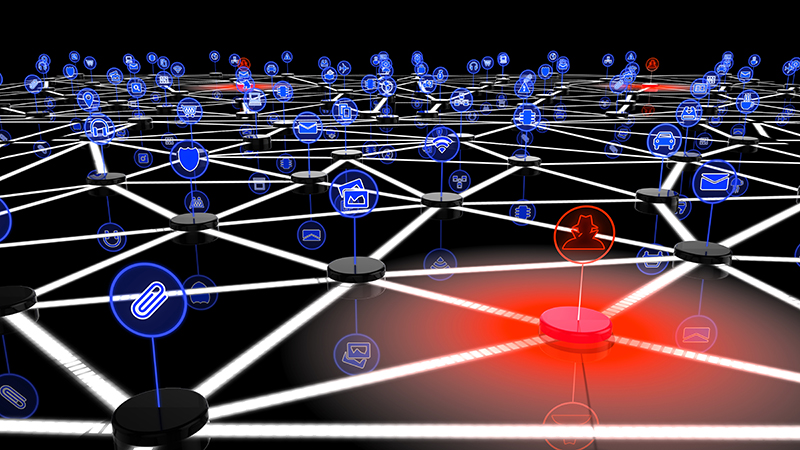
The Congressional Budget Office (CBO) estimates that the Identifying Outputs of Generative Adversarial Networks (IOGAN) Act (S.2904) would cost $6 million between 2020 and 2025.
The IOGAN Act was introduced in November 2019 by Sen. Catherine Cortez Masto, D-Nev., and would direct the National Science Foundation (NSF) and National Institute of Standards and Technology (NIST) to support research on generative adversarial networks (GANs).
“Specifically, the NSF must support research on manipulated or synthesized content and information authenticity and NIST must support research for the development of measurements and standards necessary to accelerate the development of the technological tools to examine the function and outputs of generative adversarial networks or other technologies that synthesize or manipulate content,” a summary of the bill says.
Within the $6 million tab, CBO estimates that NIST would require 10 additional employees to establish GANs research through 2023 at $175,000 each per year. For NSF, CBO estimates that the implementation of the bill “would have no significant cost for the NSF because the agency is already carrying out the required activities through its existing grant programs.” However, the bill also requires NIST and NSF to provide a report to Congress on policy recommendations, and CBO estimates that report would cost less than $500,000 to generate.
